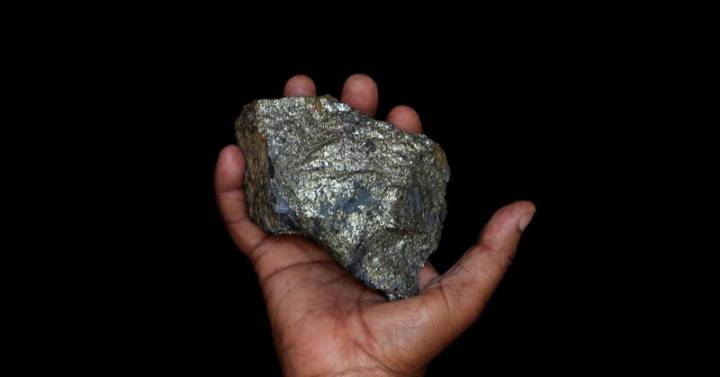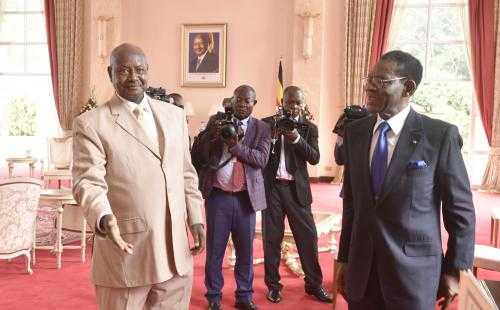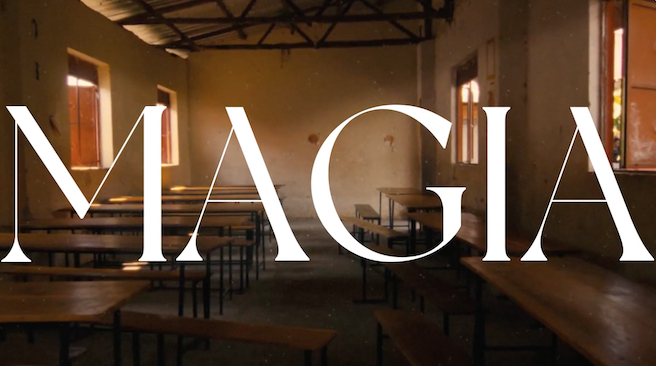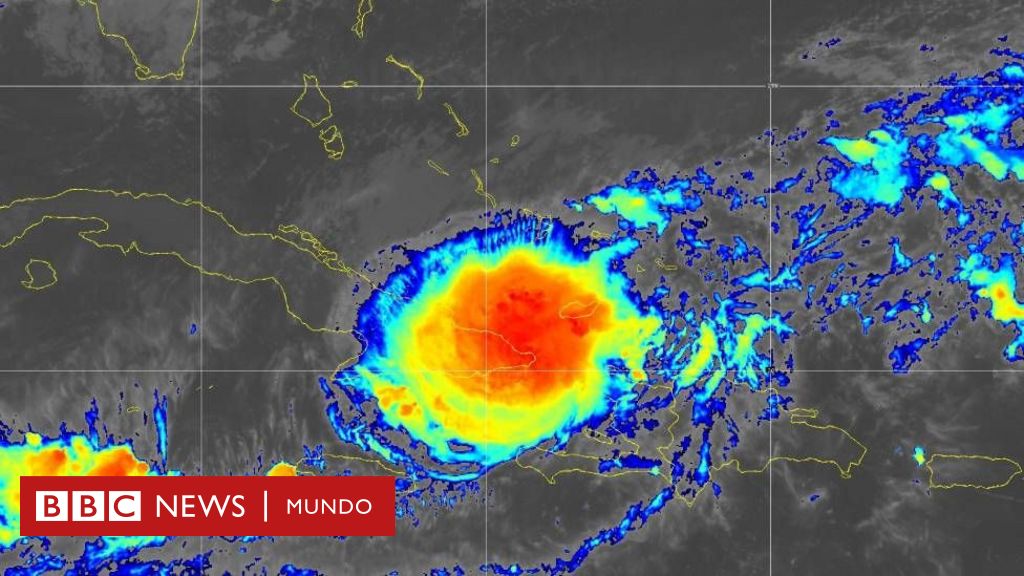Forget COP26: the world needs Copper26 | Opinion

There is a blind spot for the COP26 meeting. Prime Ministers and big business meeting in Glasgow want to reduce demand for the fossil fuels that make up the bulk of the world’s greenhouse gas emissions. For this to happen without the economy crashing, there must be plenty of minerals that keep a greener society.
In addition to eliminating carbon and reducing deforestation, COP26 should advocate for electric vehicles and spur investment in renewable energy. This means more wind turbines, solar panels, energy storage and charging points. That, in turn, means more aluminum, cobalt, copper, lithium and nickel.
Consulting firm Wood Mackenzie has done the numbers. Limiting global warming to 2°C above pre-industrial levels would imply an increase of 19 million tons of annual copper production by 2030, an increase of 60%. The supply of aluminum should be increased by 30%, nickel by 50%, lithium and cobalt by 140% and 150%, respectively. Limiting warming to 1.5°C would mean an even greater increase in supply.
Normally, this would be an epic green light for miners to start digging. After the iron ore boom, giants like BHP and Rio Tinto became awash with money. But the difference between the investment required for the next 15 years and what has been signed is close to $2 trillion, according to Wood Mackenzie.
An equally big problem is bureaucracy. According to the International Energy Agency, it takes an average of 16 years to go from discovering reserves to producing minerals. Meeting the high demand would also mean entering into more complex jurisdictions such as the Democratic Republic of the Congo, which most Western investors are afraid to interfere with. However, labor disputes and environmental or social disputes can erupt anywhere, as the Rio disaster at Juukan Gorge (Australia) demonstrated.
This is where politicians can help. Western governments have critical articles lists. If it is that important, European countries and the United States can use their weight to reach agreements with mining authorities like the Democratic Republic of Congo. They can establish rules of engagement to prevent businesses from being affected by taxation or sudden expropriation, while still being committed to adhering to strict social and environmental principles.
That won’t change the geopolitical headache caused by China’s control of 60% of rare earth production and its strong influence on cobalt. But at least Western powers should start talking about it. A step ahead, Cooper 26 (Cooper 26).
The authors are columnists for Reuters. opinions are yours. The translation of Carlos Gomez Abajo is the responsibility five days

“Award-winning zombie scholar. Music practitioner. Food expert. Troublemaker.”








